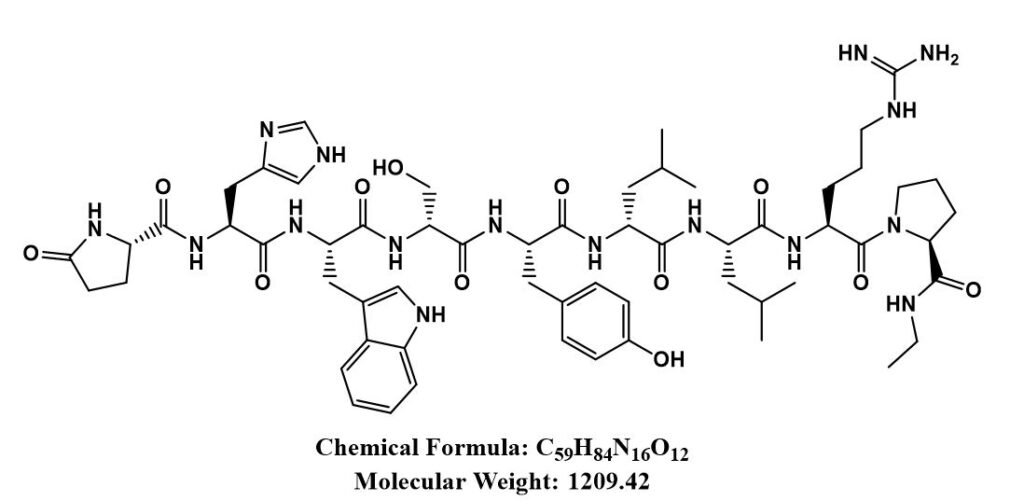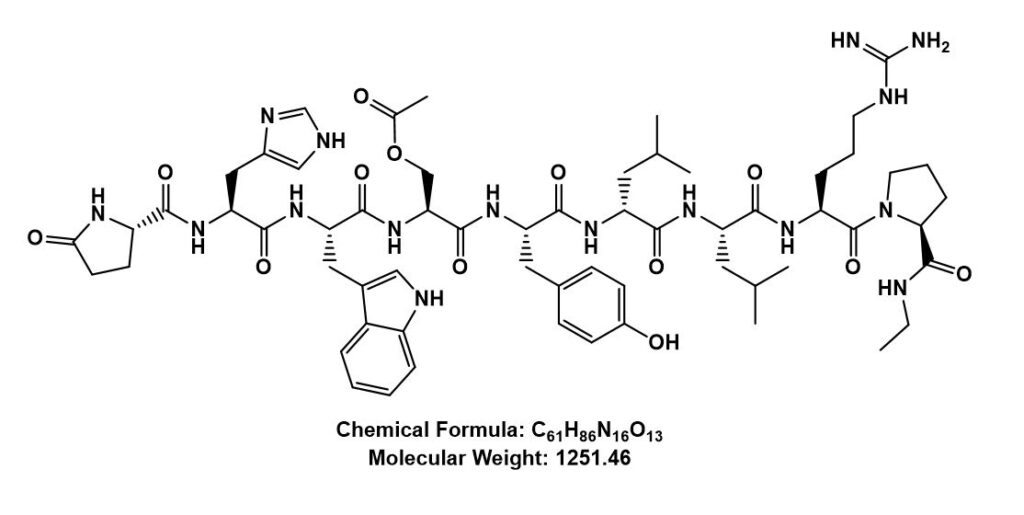Peptide drugs exhibit relatively low toxicity, high biological activity and potential applications for many medical challenges compared to the most conventional drug product. Peptides are an increasingly important group of pharmaceuticals, positioned between classic small organic molecules and larger bio-molecules such as proteins. Most peptides today are manufactured by solid-phase peptide synthesis (SPPS).
The first group of peptide-related impurities is SPPS-related: deletion and insertion of amino acids are related to inefficient Fmoc-deprotection and excess use of amino acid reagents, respectively. Fmoc-deprotection can cause racemization of amino acid residues and thus diastereomeric impurities. Inefficient deprotection of amino acid side chains results into peptide-protection adducts. Furthermore, unprotected side chains can react with a variety of reagents used in the synthesis. Oxidation of amino acid side chains and dimeric-to-oligomeric impurities were also observed. Unwanted peptide counter ions such as trifluoroacetate, originating from the SPPS itself or from additional purification treatments, may also be present in the final peptide product. Contamination of the desired peptide product by other unrelated peptides was also seen, pointing out the lack of appropriate GMP. The second impurity group results from typical peptide degradation mechanisms such as β-elimination, diketopiperazine, pyroglutamate and succinimide formation. These SPPS- and degradation-related impurity types can also found in the finished peptide drug products, which can additionally contain a third group of related impurities, i.e. the API-excipient degradation products.
J Pharm Biomed Anal
. 2014 Dec;101:2-30. doi: 10.1016/j.jpba.2014.06.012. Epub 2014 Jun 13.
We have been supplying many generic peptide-related impurities for customers, to inquire us and ask a quote please contact [email protected]
Leuprorelin acetate
[4-D-serine]-leuprorelin
Pyr-His-Trp-D-Ser-Tyr-D-Leu-Leu-Arg-Pro-NHEt

[4-(O-acetyl-L-serine]-leuprorelin
Pyr-His-Trp-Ser(Ac)-Tyr-D-Leu-Leu-Arg-Pro-NHEt

Octreotide
Glycolate-Phenylalanine

Vasopressin


Thymosin α1
β-Asp28-28P
Ac-1Ser-2Asp-3Ala-4Ala-5Val-6Asp-7Thr-8Ser-9Ser-10Glu-11Ile-12Thr-13Thr-14Lys-15Asp- 16Leu-17Lys-18Glu-19Lys-20Lys-21Glu-22Val-23Val-24Glu-25Glu-26Ala-27Glu -28β-Asp -OH
des-Thr12-28P
| Ac-1Ser-2Asp-3Ala-4Ala-5Val-6Asp-7Thr-8Ser-9Ser-10Glu-11Ile-12Thr-13Thr-14Lys-15Asp-16Leu-17Lys-18Glu-19Lys-20Lys-21Glu-22Val-23Val-24Glu-25Glu-26Ala-27Glu -28Asn-OH |
Oxytocin
Dimer

1-1.png)
